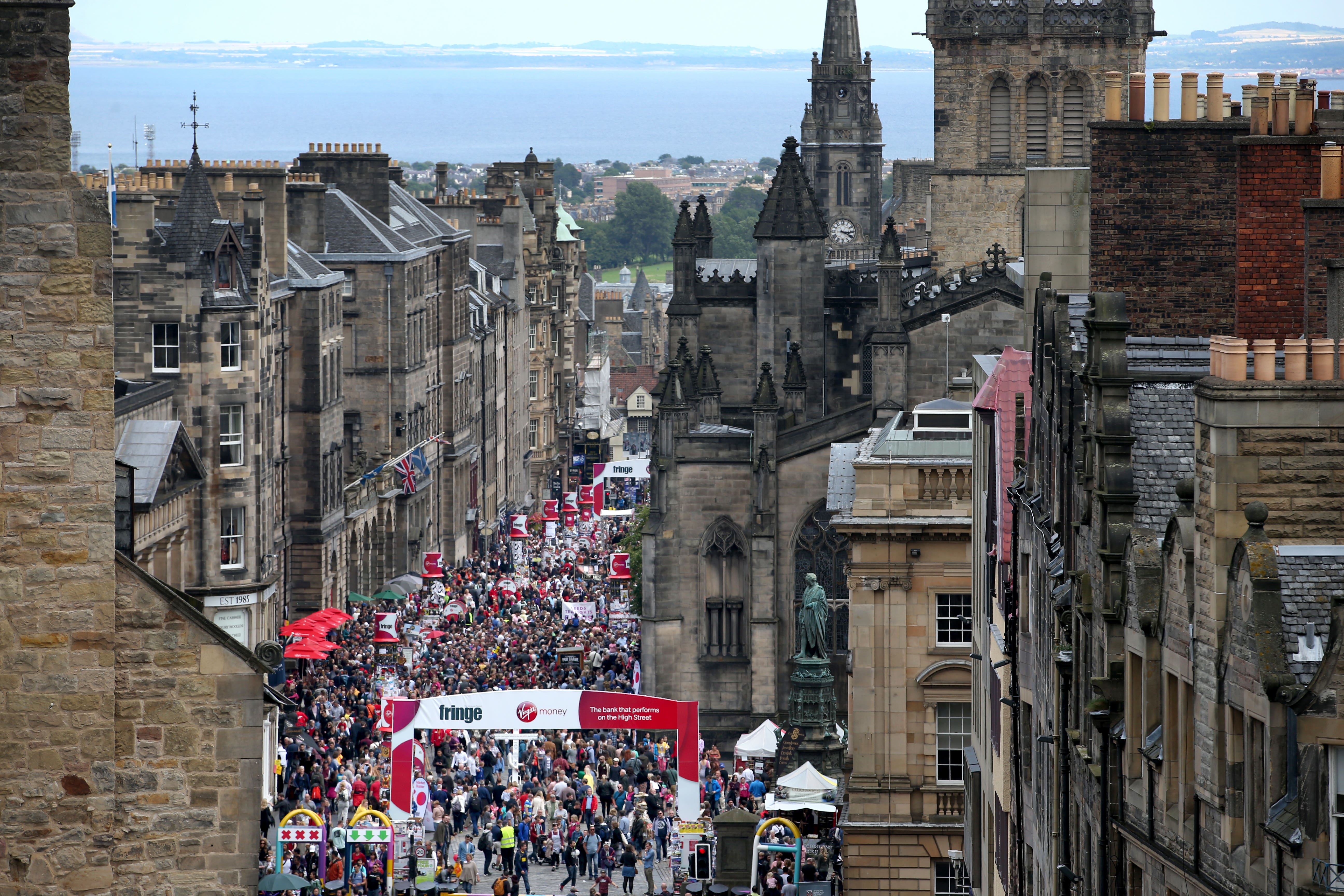Visitor levy unlikely to have detrimental impact on tourism, say MSPs
If approved, the proposals will allow local authorities to introduce an overnight accommodation levy to reinvest in facilities used by tourists.

Your support helps us to tell the story
From reproductive rights to climate change to Big Tech, The Independent is on the ground when the story is developing. Whether it's investigating the financials of Elon Musk's pro-Trump PAC or producing our latest documentary, 'The A Word', which shines a light on the American women fighting for reproductive rights, we know how important it is to parse out the facts from the messaging.
At such a critical moment in US history, we need reporters on the ground. Your donation allows us to keep sending journalists to speak to both sides of the story.
The Independent is trusted by Americans across the entire political spectrum. And unlike many other quality news outlets, we choose not to lock Americans out of our reporting and analysis with paywalls. We believe quality journalism should be available to everyone, paid for by those who can afford it.
Your support makes all the difference.A visitor levy in Scotland would be “unlikely” to have a detrimental impact on local authority areas, a Holyrood committee has said in a report.
The Scottish Parliament’s Local Government, Housing and Planning Committee published its stage one report on the Visitor Levy Bill on Thursday.
If passed, it would allow local authorities to introduce an overnight accommodation levy in order to reinvest locally in facilities or services used by tourists.
The majority of committee members have supported the Bill and said it is “unlikely” the levy will have a detrimental effect on certain local authority areas, as long as the rate is relatively modest.
Scottish Conservative members Miles Briggs and Pam Gosal did not support several of the report’s conclusions, or the general principles behind the Bill.
There was general agreement that the introduction of a levy has the potential to bring “significant benefits” to visitors, the tourism sector and local residents.
Local authorities will be able to design and implement the levy in a way that suits the area’s circumstances.
But committee members also recognised business concerns around the timing of the legislation, following the impact of Covid-19 on Scotland’s tourism sector and the increased costs of doing business, as well as recent changes to short-term let licensing.
The report acknowledged concerns that the introduction of the levy could result in an additional administrative burden.
However, the Bill will require localised monitoring and reporting to ensure transparency and accountability.
It is anticipated the earliest the levy could be implemented would be 2026.
Ariane Burgess, convener of the committee, said: “In supporting the Visitor Levy Bill at stage one, a majority of the members of the committee recognise its potential to positively impact Scotland’s tourism sector.
“After thorough consultation and consideration, most members of the committee have supported the core principles of the legislation, emphasising that a well-designed levy, at a modest rate, shouldn’t discourage visitors and should bring benefits for the tourism sector.
“A majority of the members of the committee welcomed and support the flexibility provided by the Bill, which will enable local authorities to customise the levy’s implementation meaning that local levies are designed to suit local circumstances.
“Understanding concerns from businesses and being mindful of possible administrative burdens, a majority of members of the committee believe that industry worries can be resolved through constructive engagement and consultation at the local level, ahead of any levy being introduced in 2026.
“For the majority of the members of the committee the Visitor Levy Bill has the potential to be a positive force for the tourism sector, and thank the individuals, organisations and other stakeholders who provided evidence to inform this report.”